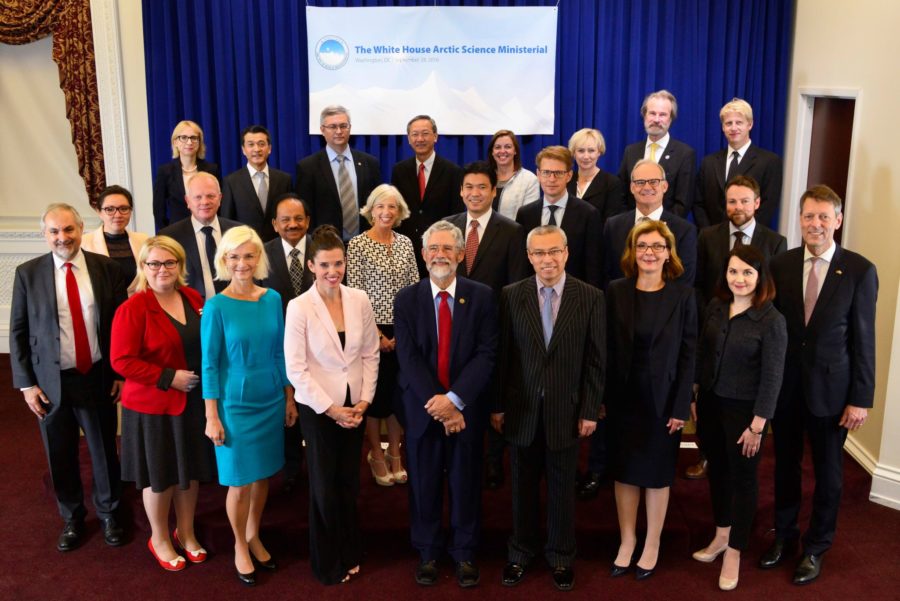28th September 2016 London
Through greater international scientific collaboration we can solve the greatest global challenges

When it comes to science, research and innovation, the UK undoubtedly punches above its weight. Despite our small size and being home to less than 1% of the global population, we account for 3.9% of the world’s researchers, 6.4% of all journal articles and 15.9% of the world’s most cited articles.
Our world-leading universities and innovative businesses are a great driver of this research excellence, pioneering advancements in healthcare and engineering to automotive and agriculture – improving the lives of millions around the world. Only last week, Oxford University topped Times Higher Education’s world university rankings – a first for a UK university replacing the California Institute of Technology which has ruled the rankings for the past five years.
Science is a global enterprise and we can achieve much more by transcending borders and tapping into the global knowledge economy. As two of the world’s leaders in science and research, the UK and USA have a long history of partnering to tackle global issues and further scientific progress. The success of UK-US collaborations is reflected in the 26 Nobel prizes won by UK-US experts for science and economics. Almost 30% of the UK’s internationally co-authored scientific papers are with American partners, and our collaboration spans the full breadth of scientific disciplines.
This week, I was in Washington D.C. for the Arctic Science Ministerial meeting at the White House, the first meeting of its kind. Ministers from the eight Arctic states came together with other leading global powers to discuss the importance of collaboration and shared scientific intelligence. In light of the environmental and societal changes confronting the Arctic region, these conversations are vital, and will have wider implications for the rest of the globe.
The Arctic is the fastest changing environment on the planet. The region supports a diverse ecosystem, but one of which we still have a limited understanding. Greater research is needed to discover how changes in the Arctic Ocean and sea-ice environment will affect the region’s ecosystem and its biological processes.
UK at forefront of efforts to plug gaps in Arctic science – with great new assets, incl £200m RRS Sir David Attenborough @Arctic_Office
— Jo Johnson (@JoJohnsonMP) September 28, 2016
The Arctic Science Ministerial meeting was a significant step in a global commitment to share intelligence and increase our understanding of this important region. The UK has much to offer this endeavour. We have invested heavily in marine robotics and through research institutions like the National Oceanography Centre and the British Antarctic Survey we are developing innovative ways to use this robotic technology in remote polar locations. And from 2019, our new, £200 million state-of-the-art polar research ship named after the world renowned British naturalist, the RRS Sir David Attenborough, will be deployed in both the Arctic and the Antarctica and will allow scientists to access new locations in the poles to gather valuable data, images and samples.
We have an opportunity to demonstrate how international cooperation, science and innovation can improve the lives of future generations. The UK will take a firm role in establishing this legacy.